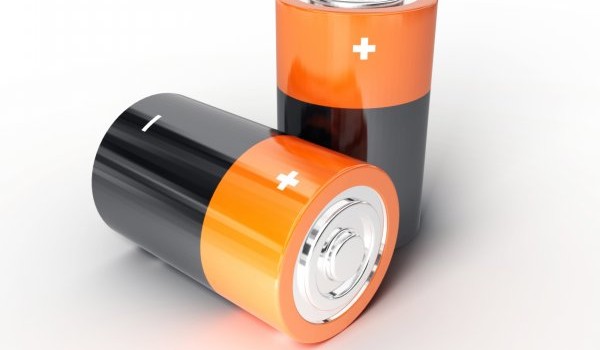
Renewable Energy sources & their lack of predictability
We got an interesting email from one of our readers this morning, regarding Wind Power – glossing over the part where he said that we were the victim of brainwashing for thinking they don’t look that bad, the interesting part was regarding the intermittency aspect – i.e. wind turbines don’t produce any electricity when the wind is not blowing.
He citied this as a reason for wind turbines as being a ‘bloody waste of time’.
Intermittency is the big issue with many renewables, the inability to predict when they are going to produce electricity. Take solar for example, it produces no electricity at night and limited power when it is cloudy. Likewise wind doesn’t blow all the time for wind turbines and there aren’t always waves available to drive wave turbines.
One of our favourite types of renewable here at TheGreenAge is tidal energy, which unlike almost all other types of renewable power is predictable. Tides can be predicted accurately many years in advance so you should always be able to know when a tidal power plant will be producing energy.
 Why is intermittency of renewables such an issue?
Why is intermittency of renewables such an issue?
The reason that intermittency is such an issue is that on the whole electricity usage in the UK is very predictable on a daily basis. On a very basic level, electricity demand is low from 11pm to 6am when people are in bed. Electricity demand then increases considerably as people wake up and go to work; it stays fairly consistent throughout the day and then peaks when people return home at about 6-8pm and then it slowly drops off as the evening goes on. This pattern is the same in the summer and winter, although in winter electricity usage is higher.
So knowing that, not being able to predict when power is being produced makes things very tricky. At any one second, wind could be supplying 10% of our energy demand, but it can then all of a sudden drop – which means other forms of electricity production need to fire up.
What then is the future?
As we continue to add more and more renewable power sources into our energy mix, the only logical answer will be energy storage.
Energy storage needs to go hand in hand with renewables
At the moment there is no clear winner on which energy storage method will become the norm. Personally, I like the idea of using excess electricity to split water via the process of hydrolysis into hydrogen and oxygen (using solar you could use artificial photosynthesis instead of hydrolysis). The hydrogen then can be burnt to produce heat + water as a by-product, or better still it can be used in a fuel cell which is very efficient.
The nice thing about hydrogen is that it can be transported much like gas can at the moment. The US Department of Energy have even commissioned a study about the feasibility of feeding hydrogen directly into the natural gas pipelines, where it would displace some of the volume of gas, but still be perfectly usable.
Suddenly, we could find ourselves in a position where we are using wind power to supplement our gas supply, but in doing so, we would remove gas out of the equation – helping reduce our need to import gas from politically unstable overseas countries, as well as lowering the volume of green house gases produced.
So in answer to our reader and his email, we appreciate the frustrations people have over renewables, however when the energy storage technology side of things catches up, it will really unlock the potential of renewables and hopefully dramatically change peoples negative attitudes towards them. You can read more about some of the different types of energy storage in our future energy section by clicking here.
Think we missed something? Do you have a different opinion?
Comment below to get your voice heard…



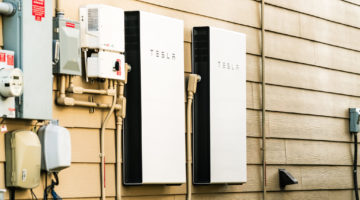
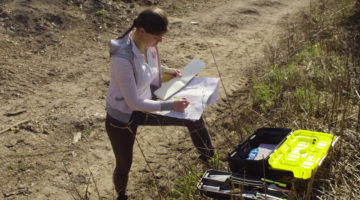
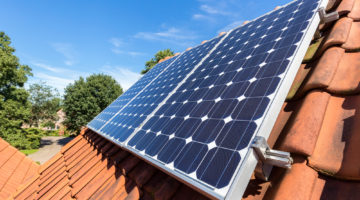
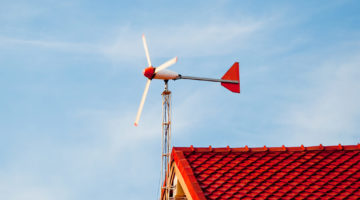





Ground source heat pumps are fairly constant!! I guess only on a smaller, individual scale. We are currently on holiday in France and everyone seems to have a form of renewable energy supplying their homes? Perhaps their government is more Eco-friendly/supportive?!
The “no electricity when the wind doesn’t blow” argument isn’t quite as straight forward as it appears. We have a national grid and the wind is almost always blowing somewhere in the UK. Storage is expensive at the moment but there are many ways of doing it (splitting hydrogen and oxygen from water and burning the hydrogen or using it in fuel cells, compressing air and using the compressed air to drive turbines to name but a couple) These methods are expensive at the moment but they will become cheaper and perhaps our politicians will start to think that saving the planet is a better use of our money than bailing out bankers.